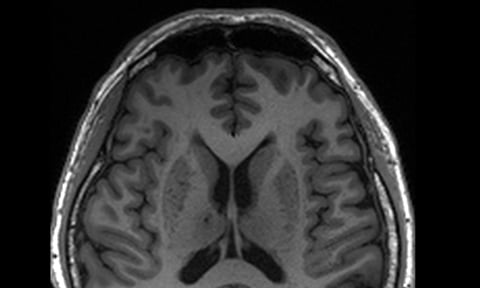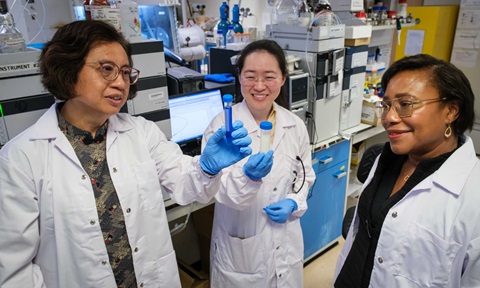NTU Singapore scientists and KKH clinicians develop urine test that identifies pregnancy outcome after threatened miscarriage
Researchers at NTU Singapore and clinicians at KK Women’s and Children’s Hospital (KKH) have developed a urine test that within 30 minutes, can gauge pregnancy outcomes for women presenting with signs of threatened miscarriage.
Threatened miscarriage – characterised by abdominal pain with vaginal bleeding – is one of the most common gynaecological emergencies worldwide.
According to a separate study by Duke-NUS, NTU and KKH, one in five pregnancies in Singapore shows signs of threatened miscarriage within the first trimester. Among pregnant women with such symptoms, one in four of them ends up losing their baby within two weeks.
Clinicians do not currently have a way of predicting their risk of miscarriage that is non-invasive. The current lab-based method assesses a pregnant woman’s miscarriage risk through a blood test (serum progesterone test) that measures progesterone levels and can take a few hours.
The new test developed by NTU scientists in collaboration with doctors from KKH uses an innovative surface-enhanced Raman scattering (SERS) chip that requires a droplet of urine to screen for urine molecules associated with miscarriage risk. It does this through the chemical 4-mercaptophenylboronic acid (MPBA) which is coated on the chip.
MPBA probes and selectively captures the miscarriage-related molecules pregnane and tetrahydrocortisone (THC) from the urine.
In a case-control study of 40 pregnant women who attended the Urgent O&G Centre at KKH with symptoms of threatened miscarriage, the test retrospectively identified accurately the pregnancy outcomes of all participants.






